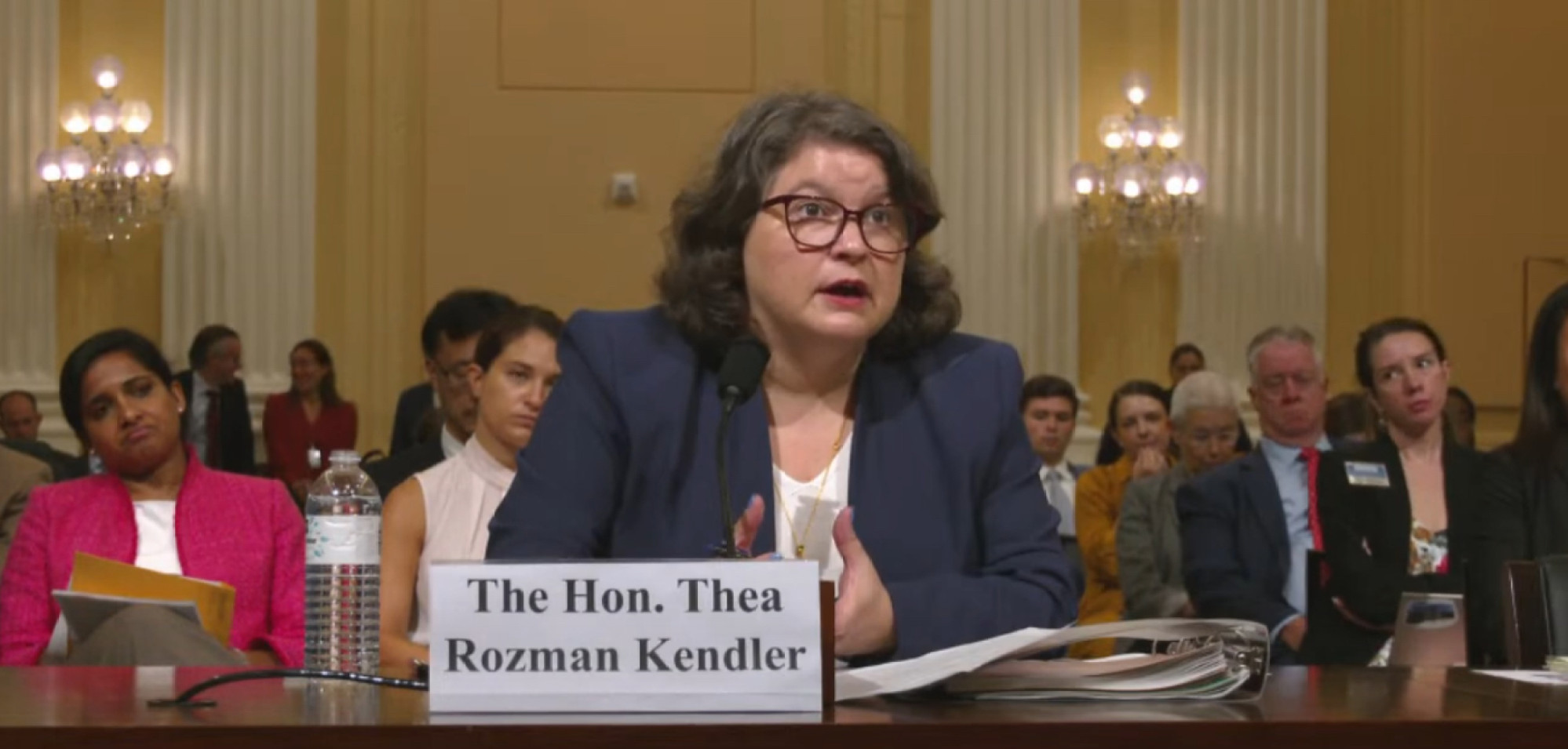In a move aimed at curbing support for Russia's illegal war in Ukraine, the U.S. Commerce Department's Bureau of Industry and Security (BIS) announced on November 2 the addition of 13 entities to the Entity List. These entities are accused of facilitating Russia's military efforts through the procurement, development, and proliferation of Russian unmanned aerial vehicles (UAVs). The new rule imposes stringent export restrictions on these entities, effectively cutting off their access to items subject to U.S. jurisdiction.

The entities added to the Entity List pose a substantial risk of being or becoming involved in activities that directly support Russia's unlawful invasion of Ukraine. Of the 13 entities, 12 are located in Russia, and one is situated in Uzbekistan.
Under Secretary of Commerce for Industry and Security, Alan Estevez emphasized the importance of diminishing the ability of Russia's President Vladimir Putin to wage war against the Ukrainian people.
"Today's additions to the Entity List highlight that no U.S. technology can be used to further our adversaries' objectives," he stated.

Assistant Secretary of Commerce for Export Administration Thea D. Rozman Kendler reiterated the commitment to work with international partners in identifying entities that support Russia's actions in Ukraine.
"Putin's illegal and immoral war in Ukraine will not be aided by U.S. or partner technology," she asserted.
These entities will be subject to the Russia/Belarus-Military End User Foreign Direct Product (FDP) rule, classifying them as military end users and imposing a license requirement for all items subject to the Export Administration Regulations (EAR). The license review policy for these entities will be one of denial, except for certain food and medicine items designated as EAR99, which will be considered on a case-by-case basis.
Assistant Secretary for Export Enforcement Matthew S. Axelrod highlighted the resolve to prevent U.S. items from contributing to Russian attacks on Ukrainian forces, especially in the realm of military platforms such as UAVs and lethal loitering munitions.

The Bureau of Industry and Security plays a crucial role in safeguarding American dual-use technology from being used by adversaries or in ways that contradict U.S. national security and foreign policy objectives.
The application of the Russia/Belarus 'Military End User' FDP rule restricts these entities' access to specific foreign-produced items, necessitating exporters to obtain a license from BIS for any transaction involving such items. A policy of denial will be applied when reviewing these license requests, with limited case-by-case consideration for food and medicine.
These actions by BIS were taken under the authority of the Export Control Reform Act of 2018 and its implementing regulations, the Export Administration Regulations (EAR).
Entities are added to the Entity List based on the determination of the interagency End-User Review Committee (ERC), consisting of the Departments of Commerce, Defense, State, Energy, and, where appropriate, Treasury. The ERC evaluates specific and articulable facts to decide whether an entity has been involved, is involved, or poses a significant risk of being or becoming engaged in activities contrary to the national security or foreign policy interests of the United States.
Follow Daryo's official Instagram and Twitter pages to keep current on world news.
Comments (0)